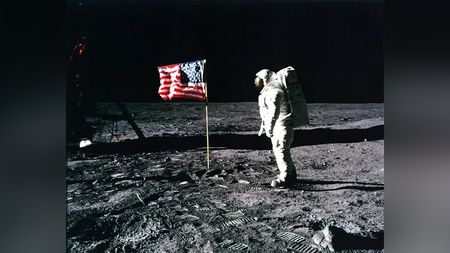Human behavior news, features and articles
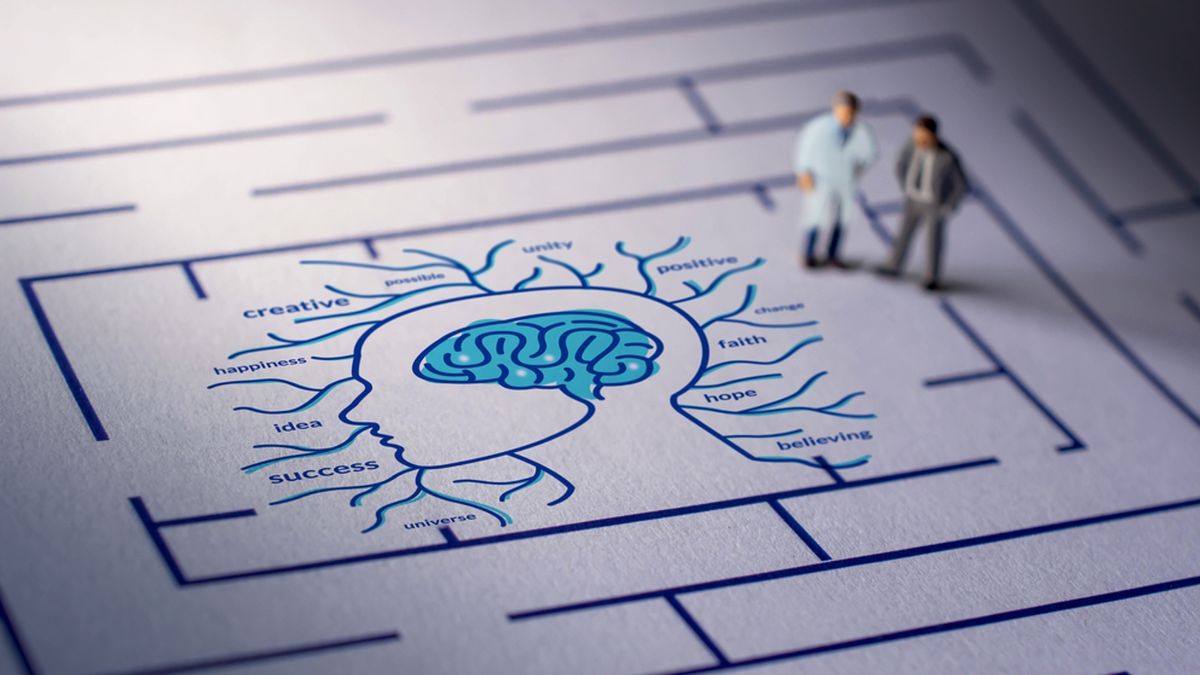
Have you ever wondered why we behave the way we do? From the evolution of human aggression to why humans are so curious, Live Science takes you inside our minds to explain the science behind the things we do, why we do them and what is going on in our brain when it happens. Whether it's pondering the weird things humans do every day or why we believe in conspiracy theories, our expert writers and editors track down the biggest stories in psychology, sociology and neuroscience, bringing you the latest news, features and articles about human behavior.
Discover more about human behavior
Latest about Human Behavior
-
-
 Science crossword
Science crosswordLive Science crossword puzzle #31: First person to walk on the moon — 11 across
By Harry Baker Last updated -
 Science crossword
Science crosswordLive Science crossword puzzle #30: Brightest star in the night sky — 5 down
By Harry Baker Published -
 Science crossword
Science crosswordLive Science crossword puzzle #29: The 'middle' period of the dinosaurs — 13 across
By Harry Baker Published -

Why do kids eat their boogers?
By Emma Bryce Published -

Daily sudoku: Take a break with this classic numbers puzzle
By Alexander McNamara Published -
 Science crossword
Science crosswordLive Science crossword puzzle #28: Largest desert in Asia — 6 across
By Harry Baker Published -
 Science crossword
Science crosswordLive Science crossword puzzle #27: The explosion that created the universe — 5 down
By Harry Baker Published
-
Explore Human Behavior
Arts & Entertainment
-
-
 Science crossword
Science crosswordLive Science crossword puzzle #31: First person to walk on the moon — 11 across
By Harry Baker Last updated -
 Science crossword
Science crosswordLive Science crossword puzzle #30: Brightest star in the night sky — 5 down
By Harry Baker Published -
 Science crossword
Science crosswordLive Science crossword puzzle #29: The 'middle' period of the dinosaurs — 13 across
By Harry Baker Published -

Daily sudoku: Take a break with this classic numbers puzzle
By Alexander McNamara Published -
 Science crossword
Science crosswordLive Science crossword puzzle #28: Largest desert in Asia — 6 across
By Harry Baker Published -
 Science crossword
Science crosswordLive Science crossword puzzle #27: The explosion that created the universe — 5 down
By Harry Baker Published -
 Science crossword
Science crosswordLive Science crossword puzzle #26: Nothing can travel faster than this — 12 across
By Harry Baker Published -
 Science crossword
Science crosswordLive Science crossword puzzle #25: Ancient hominin species famous for their 'upright' posture — 11 across
By Harry Baker Published -
 Science crossword
Science crosswordLive Science crossword puzzle #24: Elemental particle associated with light — 11 down
By Harry Baker Published
-
Conspiracies & Paranormal
-
-
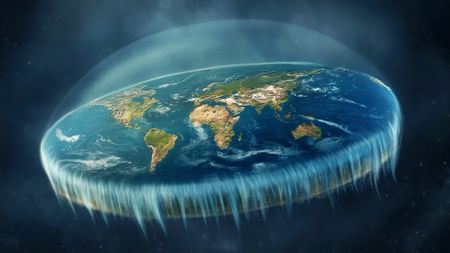 Quiz
QuizConspiracy theory quiz: Test your knowledge of unfounded beliefs, from flat Earth to lizard people
By Lydia Smith Published -

What's the scientific explanation for 'ghost encounters'?
By Patrick Pester Published -
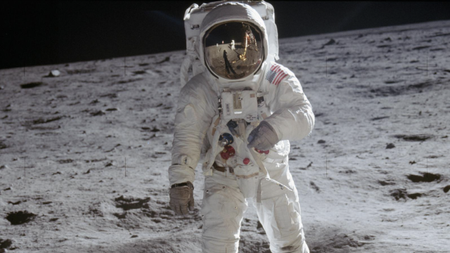
21 of the best conspiracy theories
By Stephanie Pappas Last updated -

'Yeti hair' found in Himalayas is actually from a horse, BBC series reveals
By Patrick Pester Published -
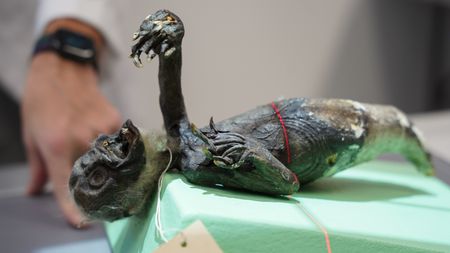
Haunting 'mermaid' mummy from Japan is a gruesome monkey-fish hybrid with 'dragon claws,' new scans reveal
By Harry Baker Published -
 Opinion
OpinionAre ghosts real?
By Benjamin Radford Last updated -
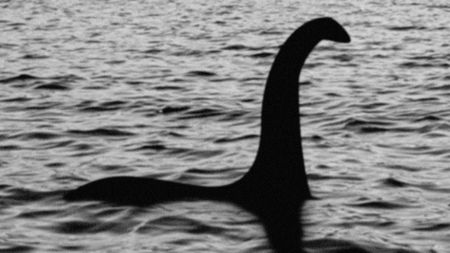
The biggest hunt for the Loch Ness Monster in 50 years is about to begin
By Patrick Pester Published -

Most methods for squashing conspiracy theories don't work, study finds. Here's what does.
By Anna Demming Published -
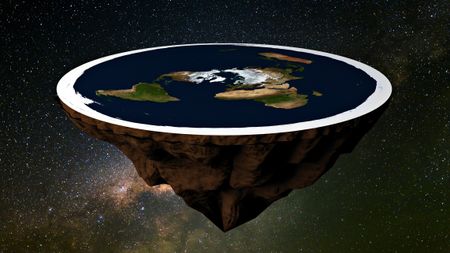
How do flat-Earthers explain the equinox? We investigated.
By Brandon Specktor Last updated
-
Education
-
-
 Deals
DealsSave 15% on this National Geographic Rock Tumbler kit at Amazon
By Lloyd Coombes Published -

Why are kids such fast learners?
By Joe Phelan Published -

How we test, review and rate products on Live Science
By LiveScience Staff Last updated -
 Reference
ReferenceWhat is STEM Education?
By Elaine J. Hom Last updated -

Best science books: Popular science books to feed your imagination
By Mihaela Bozukova Published -
 Deals
DealsSave $400 on this Dell XPS 13 laptop deal at Best Buy - perfect for students
By Ian Stokes Published -
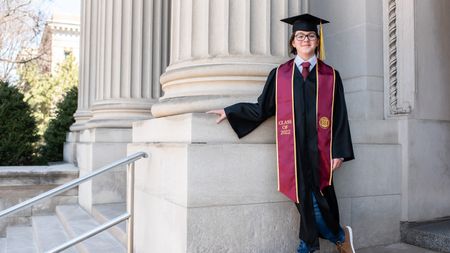
Meet Elliott Tanner, the 13-year-old who just got his college degree in physics
By Harry Baker Published -
 Reference
ReferenceBest free museums in London and the UK
By Daisy Dobrijevic Published -
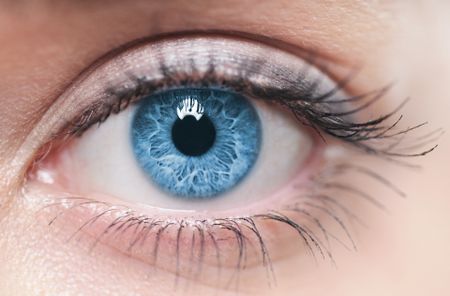
Your pupils can count … sort of
By Yasemin Saplakoglu Published
-
Psychology
-
-
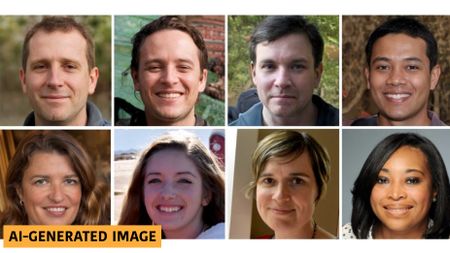
AI is getting better and better at generating faces — but you can train to spot the fakes
By Sophie Berdugo Published -

You don't need to be very happy to avoid an early death from chronic disease, study finds
By Elise Ceyral Published -
 Opinion
OpinionColors are universal — even if our perception of them is subjective
By Elay Shech Published -

Trump executive order calls mental health prescriptions a 'threat' — why?
By Megha Satyanarayana Published -

'It's better to be safe than sorry': How superstitions may still benefit us
By Stephanie Gomes-Ng Published -
 Quiz
QuizWhat do you know about psychology's most infamous experiments? Test your knowledge in this science quiz.
By Stephanie Pappas Published -

At-home brain stimulation could be promising depression treatment, trial hints
By Emily Cooke Published -
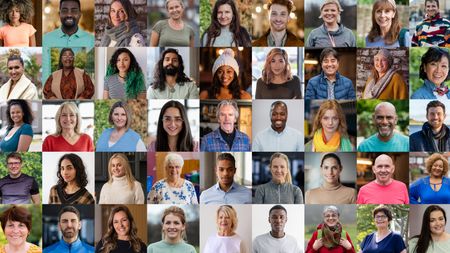
You can change your personality intentionally, research shows
By Shannon Sauer-Zavala Published -

What causes people to 'choke' under pressure?
By Anna Gora Last updated
-
More about Human Behavior
-
-
 Science crossword
Science crosswordLive Science crossword puzzle #27: The explosion that created the universe — 5 down
By Harry Baker Published -
 Science crossword
Science crosswordLive Science crossword puzzle #26: Nothing can travel faster than this — 12 across
By Harry Baker Published -
 Science crossword
Science crosswordLive Science crossword puzzle #25: Ancient hominin species famous for their 'upright' posture — 11 across
By Harry Baker Published
-
 Live Science Plus
Live Science Plus











